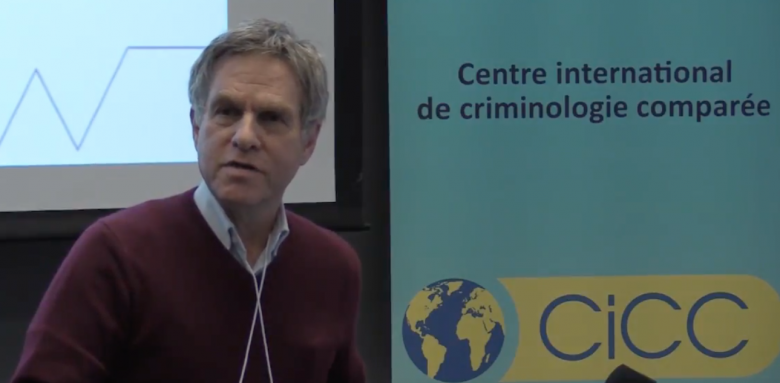La fraude est un crime extrêmement répandu depuis l’évolution de l’Internet. Les modalités dans lesquels elle prend forme, principalement sous le Web rends sa prévention et sa rétribution extrêmement complexe pour les agences policières. Ces agences d’application de la loi ne semblent pas adaptées et les méthodes traditionnelles mises en place semblent porter plusieurs préjudices …
Fraud has been an extremely prevalent crime since the evolution of the Internet. The modalities in which it takes shape, mainly on the World Wide Web (WWW), make its prevention and retribution highly complex to police agencies. These law enforcement agencies do not appear to be adequate, and the traditional methods put in place seem …
La fraude en ligne représente un défi majeur pour la société, car des millions de victimes sont touchées chaque année par cette infraction. Les statistiques sur le nombre de fraude en ligne qui se produisent annuellement ne sont pas exactes. Cependant, Statistique Canada a montré que la fraude (y compris la fraude en ligne) a …
Online fraud poses a significant challenge to society, as millions of victims are affected by this offense every year. Statistics about the rate of online fraud offenses that occur each year is not accurate. However, Statistic Canada showed that fraud (including online fraud) has been on the rise in the last decade, going up to …
La fraude en ligne peut être définie comme une infraction facilitée par les nouvelles technologies, ce qui signifie que même si cette infraction utilise Internet et d’autres technologies pour faciliter sa perpétration, elle n’en dépend pas exclusivement. En tant que telle, cette définition reconnaît que la fraude peut se produire dans des environnements en ligne …
Online fraud can be defined as a “cyber-enabled” offense, which means that while this offense uses the Internet and other technologies to facilitate its perpetration, fraud is not exclusively dependent upon it. As such, this definition recognizes that fraud offenses can occur across both online and offline environments. Even though Internet has increased the reach …
Script theory is well known to criminologists. This approach of studying crime allows one to break down criminal acts into a series of steps and is useful when analyzing the processes, decisions and actions of offenders. Generally, these scripts are used to study offenses such as crime against property (e.g. theft), suicide bombings or carjacking. …
Crime statistics are a curious thing. Data available from police and the courts provide well-defined set of numbers but are limited by the amount of crime reported to and processed by the police and other over-burdened institutions. If we are to understand where we are lacking, we need to assess the gap between the actual …
Tom Sorell from Warwick University Presentation from the CICC 2017-2018 Scientific Launch on the Subject of ‘Watchful Citizens:Policing from Below and Digital Vigilantism held the 2nd and 3rd November 2017 at the Université de Montreal. A comparison of vigilante activities directed at different criminal groups. What are the differences between “pedophile hunting” and “scam baiting”? …
Presented at the SERENE-RISC Workshop, 2017 October Academics, scientists, private sector and public sector actors have long relied on sociodemographic data, marketing data and other typological clusters to set context, variables and other tools in their respective research efforts. Whether its cutting edge emergency medicine research or dated law enforcement research from the 1970s, sociodemographic …






